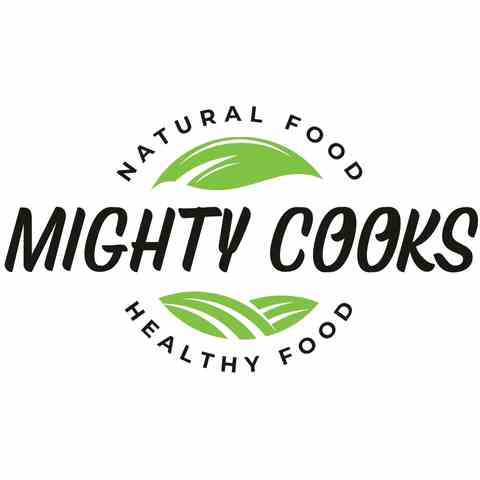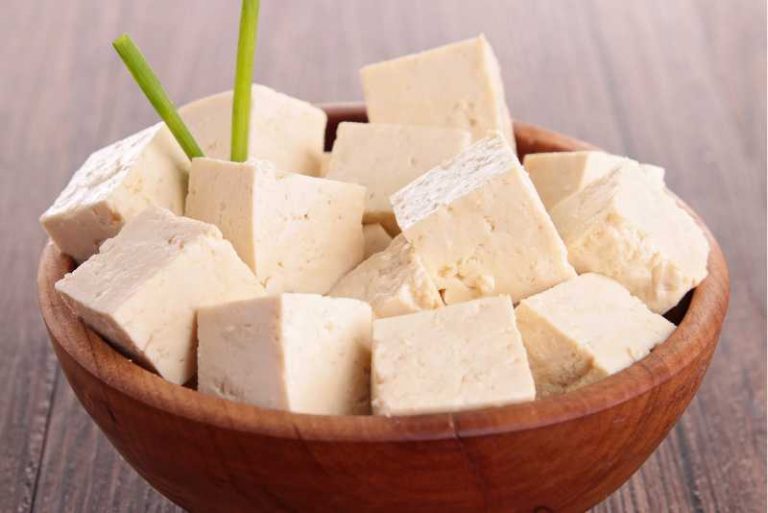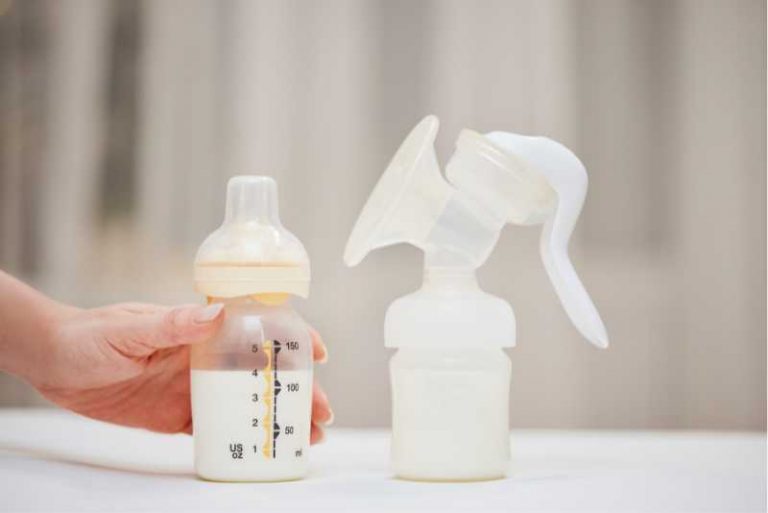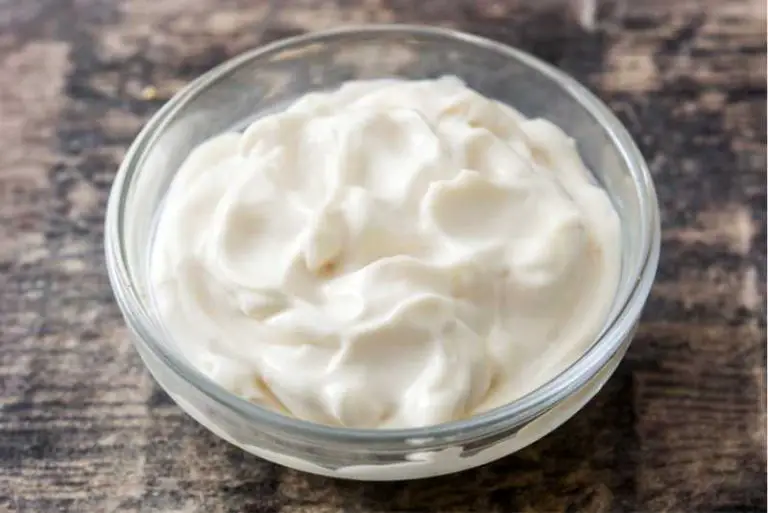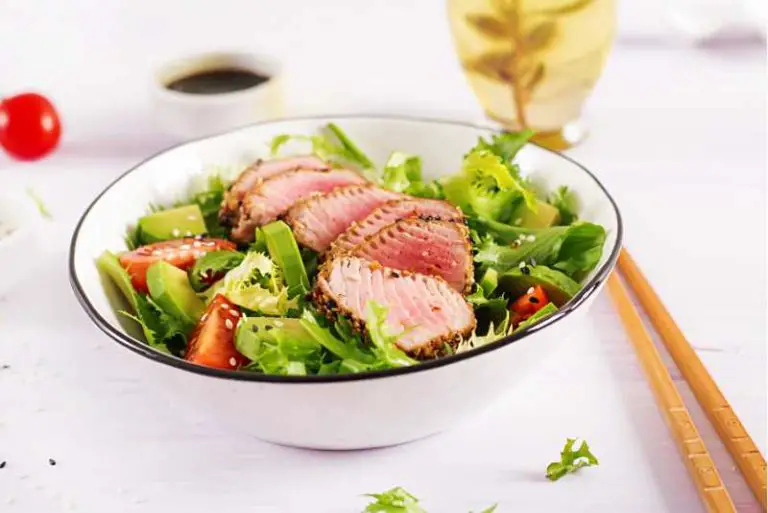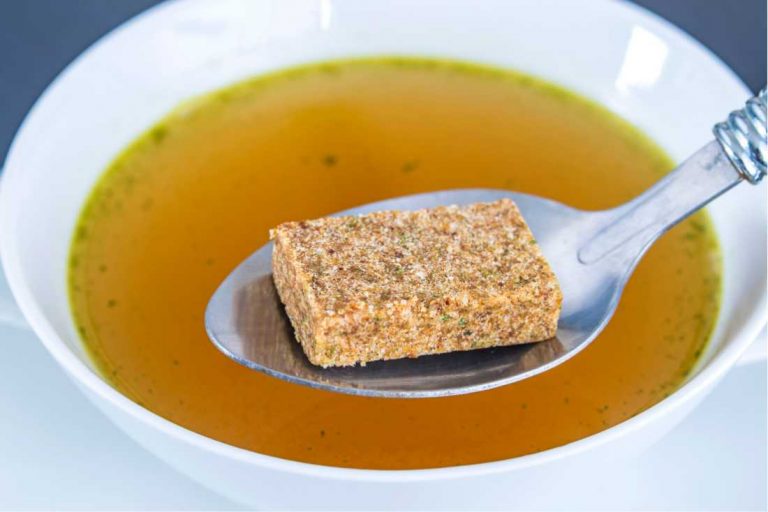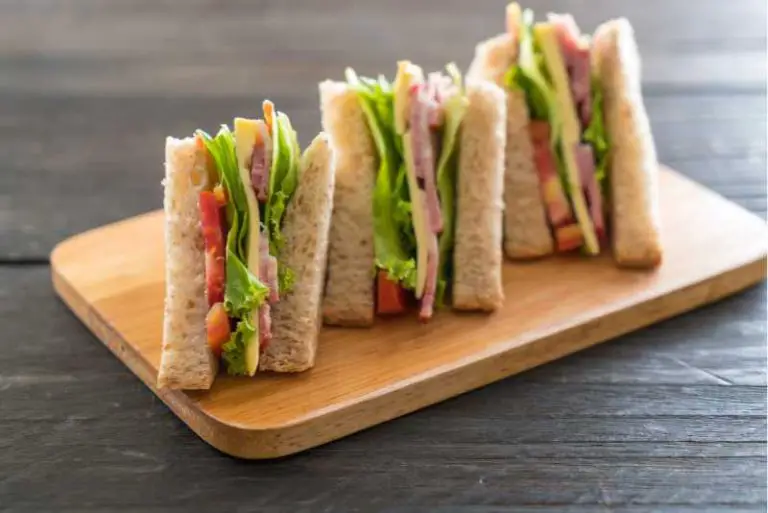How Long Does Better Than Bouillon Last After Opening?
How Long Does Better Than Bouillon Last After Opening? Better Than Bouillon has become a popular ingredient in many kitchens, thanks to its rich flavor and convenience as a versatile base for soups, stews, and sauces.
As a concentrated paste, it offers an easy-to-use alternative to traditional bouillon cubes and liquid broths. But once the jar is opened, how should you store it to maintain its freshness and quality?
In this blog post, we will discuss whether Better Than Bouillon needs to be refrigerated after opening, as well as proper storage methods and signs of spoilage.
Does Better Than Bouillon Have To Be Refrigerated After Opening?
Yes, Better Than Bouillon should be refrigerated after opening. Storing it in the refrigerator helps slow down the spoilage process, ensuring that it remains fresh and retains its quality for an extended period.
Once opened and refrigerated, Better Than Bouillon can last for approximately six months to a year, depending on factors like the variety (meat, poultry, vegetable, etc.), storage conditions, and how well the jar is sealed after each use.
What Are The Proper Storage Methods?
To keep your opened Better Than Bouillon fresh and safe to use, follow these storage tips:
- Refrigerate: Store the opened jar in the refrigerator to maintain its freshness and quality.
- Seal tightly: Close the jar lid tightly after each use to prevent air exposure and contamination, which can lead to spoilage.
- Use a clean utensil: Always use a clean spoon or utensil when scooping out the product to avoid introducing bacteria or contaminants that could cause spoilage.
- Avoid cross-contamination: Do not use the same utensil for different food items, as this can introduce bacteria and cause the product to spoil faster.
Why Does Better Than Bouillon Take So Long To Go Off?
Better Than Bouillon takes a relatively long time to go off due to its ingredients which contributes to its extended shelf life:
- Concentration: Better Than Bouillon is a concentrated paste made by simmering meat, vegetables, and seasonings for an extended period. This process reduces the moisture content in the product, making it less susceptible to spoilage.
- Salt content: Salt is a natural preservative that helps inhibit the growth of harmful bacteria and microorganisms. The high salt content in Better Than Bouillon contributes to its longevity by creating a less favorable environment for bacterial growth.
- Acidity: Some varieties of Better Than Bouillon may contain acidic ingredients, such as vinegar or tomato paste, which can also help preserve the product by lowering its pH level. A lower pH level makes it more difficult for bacteria and mold to thrive.
These factors combined contribute to the long shelf life of Better Than Bouillon, allowing you to enjoy its rich flavor and versatility in your recipes without worrying about it going bad quickly.
- How Long Does Vacuum Sealed Salmon Last In The Fridge?
- How Long Does Liquid Egg White Last After Expiration Date?
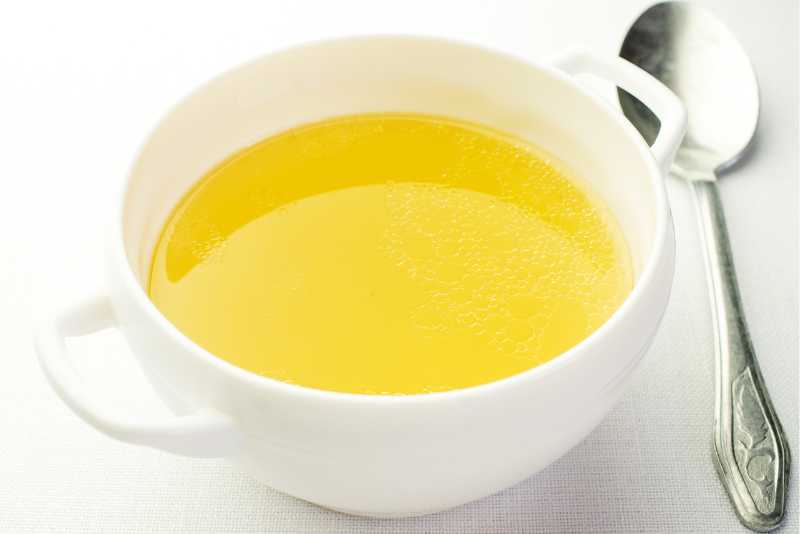
Can You Increase Its Life Expectancy?
While it may not be possible to significantly extend the life expectancy of Better Than Bouillon beyond its typical shelf life, you can take steps to ensure it maintains its freshness and quality for as long as possible.
Following proper storage methods, such as refrigerating the opened jar, sealing it tightly, and using clean utensils, will help prevent early spoilage and allow you to enjoy the product within its expected shelf life.
However, it’s essential to keep an eye on the signs of spoilage and discard the product if any are detected.
What About Putting It In The Freezer?
Putting Better Than Bouillon in the freezer can help extend its shelf life, especially if you don’t anticipate using it frequently. Freezing can slow down the spoilage process and maintain the quality of the product for a longer period.
To freeze Better Than Bouillon, follow these steps:
- Make sure the jar lid is tightly sealed to prevent air exposure and contamination.
- Wrap the jar in aluminum foil or plastic wrap to provide an extra layer of protection against freezer burn.
- Label the wrapped jar with the date and contents for easy identification later.
- Place the jar in the freezer, ideally at 0°F (-18°C) or lower.
When you’re ready to use the frozen Better Than Bouillon, transfer the jar to the refrigerator and allow it to thaw for several hours or overnight.
The texture of the paste may change slightly after freezing and thawing, but the flavor should remain intact. Remember to always use a clean utensil when scooping out the product and store the jar in the refrigerator between uses.
Signs That Your Bouillon Has Gone Bad
It’s essential to recognize the signs that your bouillon has gone bad to avoid potential health risks and ensure the best quality in your dishes. Here are some common indicators that your bouillon, whether in cube, granule, or paste form, has spoiled:
- Has a strange odor: A strong, rancid, or sour odor is a clear indication that the bouillon has gone bad. Trust your sense of smell, and if something seems off, it’s best to discard the product.
- Mold or change in colour: Mold growth or unusual color changes are signs of spoilage. If you notice any mold or a change in color on the surface or throughout the bouillon, it’s best to throw it away.
- Texture is different: For bouillon paste, like Better Than Bouillon, if the paste becomes too thick, dry, or clumpy, it may have lost its quality and should not be used. For bouillon cubes or granules, if they become overly soft, mushy, or disintegrate easily, they may have been exposed to moisture and could be compromised.
- Expired “best by” or “use by” date: While these dates are not always accurate indicators of spoilage, they do provide an estimate of when the product will begin to lose its optimal flavor and quality. While it may still be safe to consume beyond this date, it’s essential to check for other signs of spoilage before using the bouillon.
If you notice any of these signs, it’s best to err on the side of caution and discard the bouillon. Always practice proper storage methods and use clean utensils to minimize the risk of spoilage and ensure the best quality in your recipes.
What If You Still Consume Better Than Bouillon That’s Passed It Sell By Date?
The “sell by” or “best by” date on Better Than Bouillon is an estimate of when the product may begin to lose its optimal flavor and quality, but it doesn’t necessarily mean that the product is unsafe to consume after that date.
If there are no visible signs of spoilage (such as off smell, mold, discoloration, or change in texture), it might still be safe to use.
However, consuming Better Than Bouillon that has passed its “sell by” date may result in a decline in flavor and overall quality. The product might not provide the same richness and depth of flavor as it would within its recommended shelf life.
Always inspect the product for any signs of spoilage before using it, and if you’re unsure about its quality, it’s best to err on the side of caution and discard the product.
Keep in mind that consuming spoiled Better Than Bouillon, or any other food product, can lead to foodborne illness or food poisoning.
Symptoms may include nausea, vomiting, diarrhea, stomach cramps, fever, and headache. If you suspect that you have consumed a spoiled product and experience any of these symptoms, seek medical attention if necessary.
Conclusion
So as you can see, proper storage and handling of Better Than Bouillon are essential to maintain its freshness, quality, and flavor. While refrigeration is the most common method of preserving opened jars, freezing can be a viable option for extending the shelf life even further.
By following the appropriate steps in this article, you can ensure that your Better Than Bouillon remains safe to consume and flavorful for a longer period.
Just remember always pay attention to signs of spoilage and practice good hygiene when using the product to minimize the risk of food poisoning.
